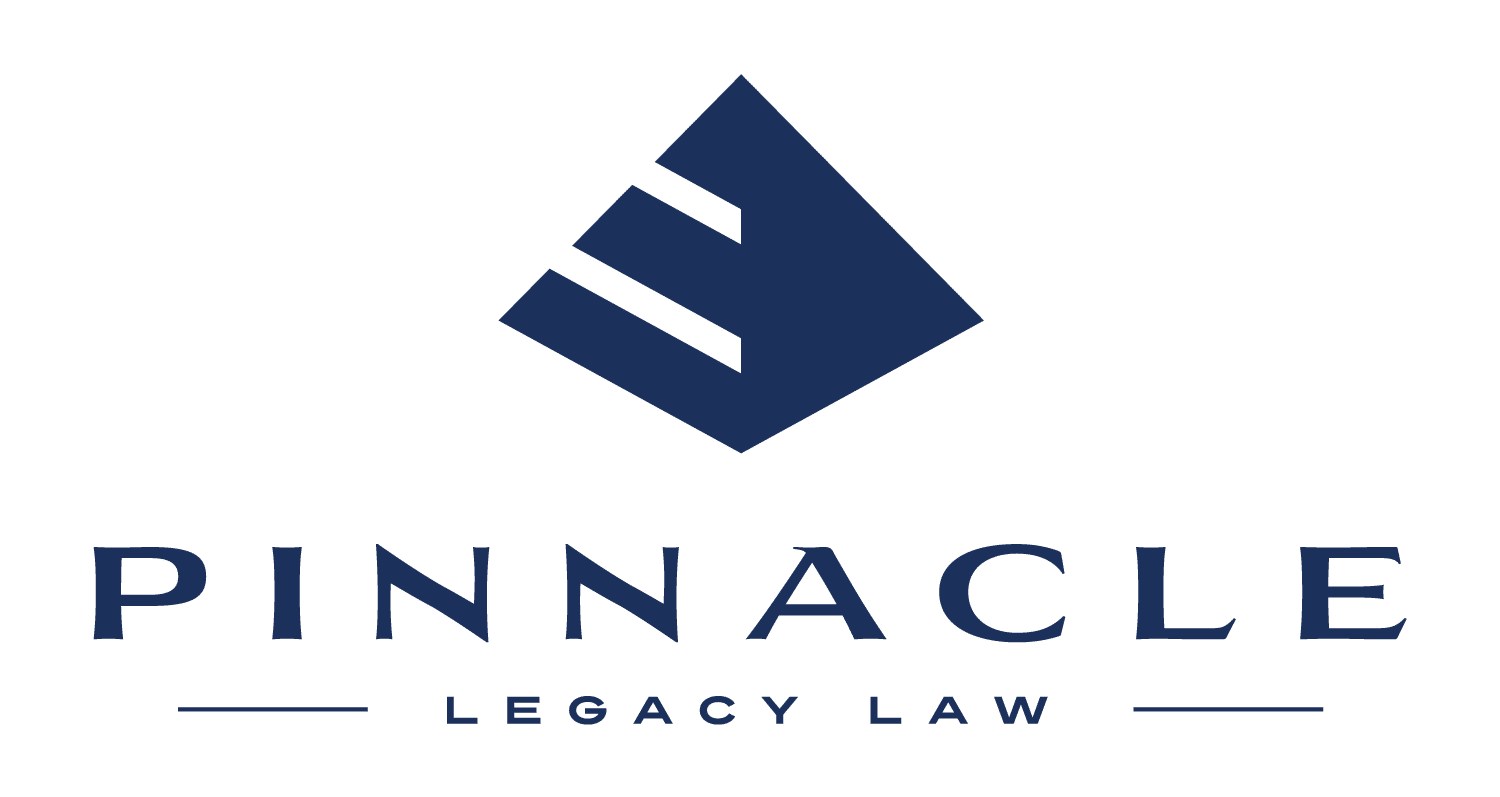Can probate be avoided? The answer is yes, and one of the best ways to do so is by creating a revocable living trust. By transferring your assets into this trust, you effectively remove ownership from yourself and place it within it.
In essence, the trust becomes a substitute for a will, and a trustee carries out the instructions you leave behind without needing a court-supervised process. Your assets can be distributed smoothly and immediately when you pass away. This informative post will delve deeper into the benefits of a revocable living trust and show you how avoiding probate can be made simple. So, if you’re ready to take control of your estate planning, keep reading to learn more.
What is Probate, and Why Should You Avoid It?
Probate is a legal process that takes place after someone dies. It includes proving in court that a deceased person’s will is valid, identifying and inventorying the deceased’s property, appraising the property, paying debts and taxes, and distributing the remaining property as the will (or state law if there’s no will) directs. Typically, probate involves paperwork and court appearances by lawyers. The lawyers and court fees are paid from estate property, which would otherwise go to those who inherit the deceased person’s property.
The Revocable Living Trust: An Overview
A revocable living trust is a legal document that, like a will, contains instructions for what you want to happen to your assets when you die. But, unlike a will, a living trust can avoid probate at death, control all of your assets, and prevent the court from holding your assets if you become incapacitated.
Transferring Assets to a Revocable Living Trust
Transferring assets into a Revocable Living Trust involves re-titling those assets in the trust’s name. You can transfer various assets, such as real estate, bank accounts, and investment accounts. Creating a trust can be complicated and may require the assistance of an experienced attorney.
The Role of a Trustee in a Revocable Living Trust
The trustee is the person who manages the trust. You can be the trustee of your living trust, keeping complete control over all property held in the trust. A “successor trustee” manages the trust after your death.
How to Create a Revocable Living Trust
Creating a trust generally involves four steps: drafting the trust document, signing the document in front of a notary public, transferring property to the trust, and ensuring all relevant parties have copies.
